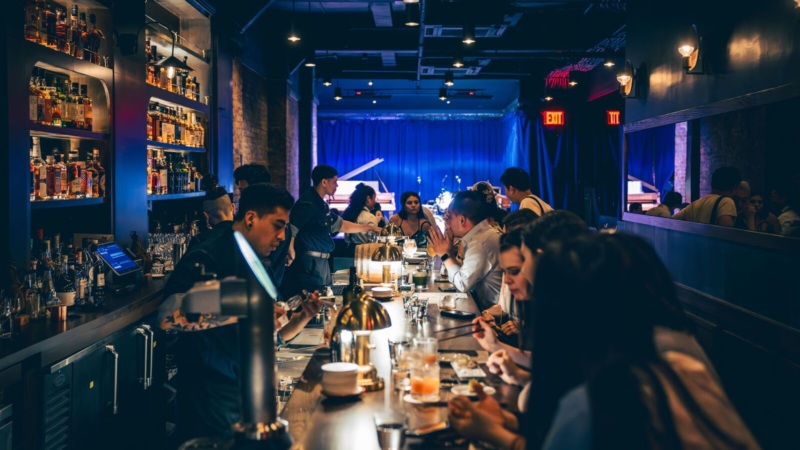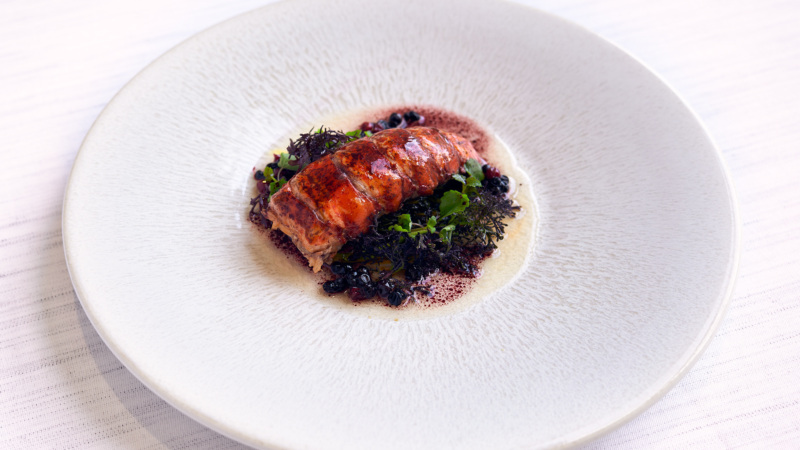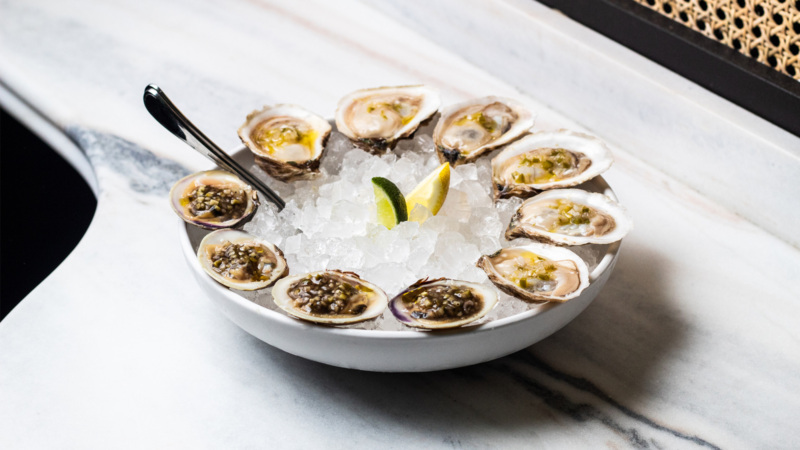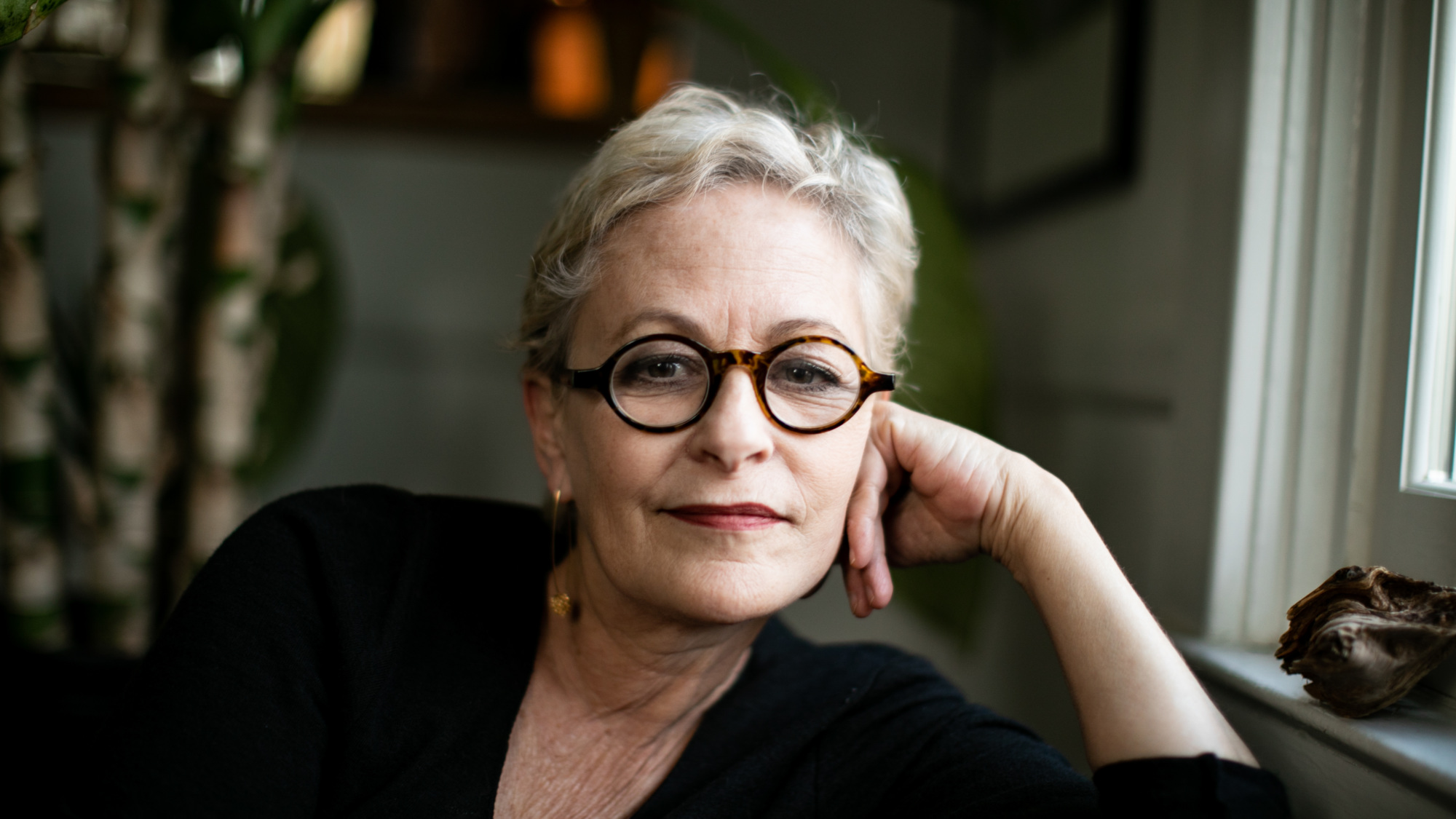
‘Baltimore Can Be a Model For the World’: Irena Stein on Transforming the Industry
Before the novel coronavirus disrupted travel, Baltimore restaurateur Irena Stein would visit her childhood home of Venezuela every four months to reconnect with family. Once the pandemic devastated the restaurant industry, her experience witnessing widespread hunger there guided her decision to pivot her five-year-old restaurant, Alma Cocina Latina, into a relief kitchen. Stein wanted to make sure people in her city, including her own staff, don’t go hungry like the people of Venezuela.
Stein partnered with the refugee-powered food cooperative Mera Kitchen Collective, and the two have since prepared more than 55,000 meals delivered to the city’s food deserts. Relying primarily on funding from Jose Andres’ World Central Kitchen, Stein and Mera’s founders have formed the MK Foundation, which is seeking additional grants and donations to sustain the operation long-term.
Meanwhile, Alma Cocina also continues to serve its signature arepas and small plates via takeout and outdoor dining.
“I have become two different businesses,” Stein says. “One lives in the morning and one lives in the evening. I have a restaurant with a patio with food to go and a central kitchen that feeds people at night.”
Stein, who moved from Caracas 40 years ago to study anthropology at Stanford University on a Fulbright, says her education influences her “social gastronomy” kitchen philosophy. We talked to Stein, 66, about how she manages the relief kitchen and restaurant, which she founded with her husband, Mark Demshak.
Resy: How did you switch gears after the pandemic hit?
Irena Stein: When the pandemic came on, I immediately thought about our team in the kitchen that can’t access unemployment. We saw immediately that our priority should be to find a way to continue to employ them. Takeout only would employ two, plus Mark and I working for free. And this is when we joined Mera Kitchen Collective. So we started the partnership and our team got employed to produce community meals for $15.75 an hour.
Through a delegate in the city, we got in contact with Jose Andres World Central Kitchen. We have done very balanced meals with lots of vegetables and proteins. They’re all natural and made every day. If we’re doing community meals, it’s got to be delicious and a sustainable diet for the planet.
Your anthropology training must have come in handy.
Yes, very much so. I have the same passion. I’m just applying it to where I live. We have people from Africa and people from South America and Central America working all together. We’ve had guest chefs as well that have come different weeks to prepare food. So we’ve had Indian food. We’ve had another Syrian chef coming in. And I think that’s great because it creates more unity between the different cultures that exist within Baltimore.
The democratization of the kitchen is another thing that we have talked about. You know the idea of social gastronomy is also in place and we already have. Everybody can take initiative for ideas for the menus, for improving the flavors.
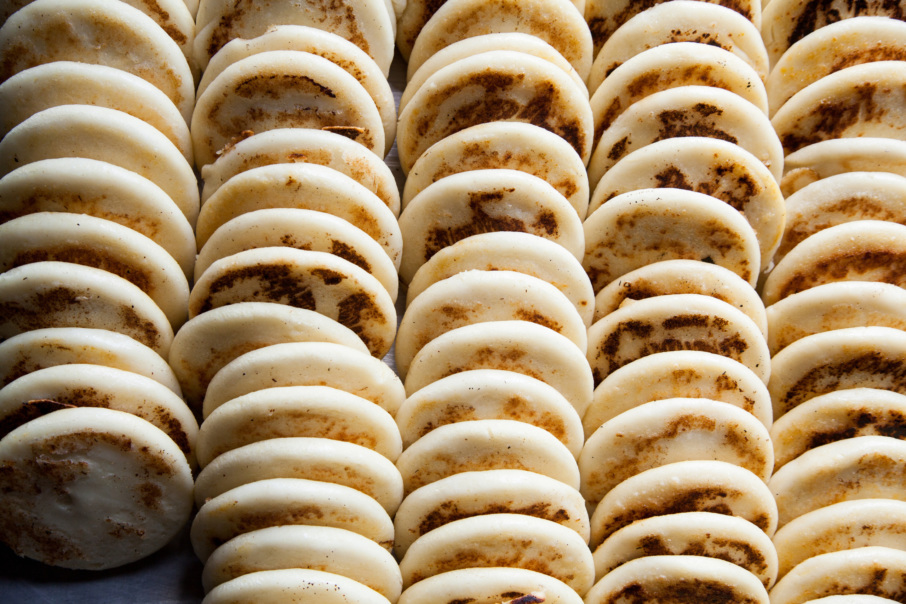
Are you looking at other funding sources?
We’re building a business plan right now to get funding from the Abell Foundation and places like that. We would like eventually to have contracts with the city and the state so that also guarantees a certain budget to continue this project.
And the chefs that we’re inviting can then give their food to communities that could never afford their restaurants. We’re trying to involve everyone in Baltimore — Johns Hopkins Center For a Livable Future, the city, food policy makers, researchers, academics. So hopefully we get funding by everyone and we create bridges.
And do you see the relief kitchen being a part of your operation once the pandemic is over?
Yes, absolutely. We’re going to continue this. This is what the engagement should be from food professionals. We’re going to continue this at least for five years to have concrete results.
Baltimore can be a model for the world, because I think that having 620,000 residents here, it’s not too big. I think it’s a perfect size for transformation.
How is the outdoor dining going?
We opened it a month ago. We’re fortunate to have space, so we can seat about 32 people out there with all the distancing between all the tables. The tables are far apart from each other. We have strict rules for sanitation. And we made it into a tropical garden. The plants are all outside. It’s very beautiful and very comfortable. And if it doesn’t rain, it’s great. If it rains, it’s not so great.
And you had to streamline the menu?
It’s just basically simple food to enjoy with a cocktail. When coordinating with another operation, it’s practical to stick to what you know. We don’t want to go to the big menu because the money is not there. You have to have the food for all that menu to be made and you have to hire all that labor. We’re extremely careful with money that we’ve made it as far. Otherwise we’d be closed.
Julekha Dash is a Maryland food, travel and arts writer who has written for Conde Nast Traveler, Thrillist, Wine Enthusiast, Architectural Digest and others. Follow her at @Julekha. Follow @Resy, too.

